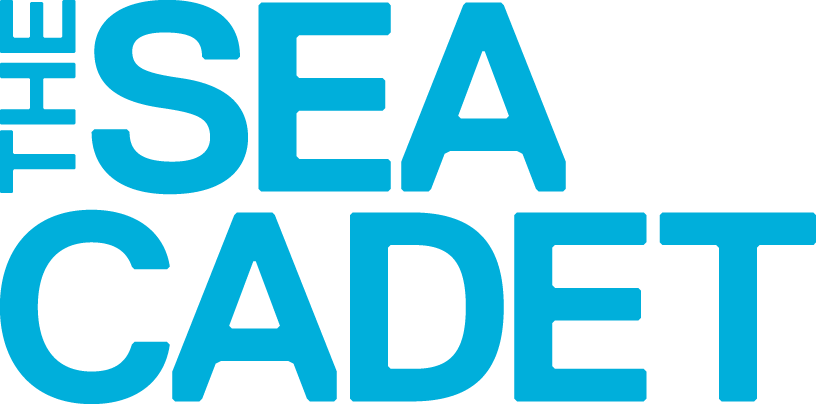Careers: How to become an astronaut
As a Petty Officer Cadet at Brighton Unit, Rosemary Coogan fostered the confidence and sense of adventure that is now sending her career into the stratosphere

When did you decide what you wanted to be?
I’ve been interested in space for as long as I can remember – I was drawn by how vast and seemingly mysterious it is. But it was after doing my degree that I decided I wanted to have a career focused on what we can learn from space.
How did you take this from dream to reality?
After an undergraduate degree in physics and astronomy, I spent a year working in the software industry before specialising in astronomy by doing a master’s degree and then a PhD. I had been working as a postdoctoral researcher in Germany and France when the call for European Space Agency (ESA) astronaut applications came out – something I had been hoping for.
“Sea Cadets encouraged my sense of adventure and helped
build my confidence to try new things”
What is your current role?
I have just begun 12 months of basic training at ESA’s European Astronaut Centre. Our training is really varied, to give us the skills needed for any mission. When we are assigned to a specific flight opportunity, we’ll have two years of specific training.
What does an average day look like?
So far, we’ve been studying human anatomy and how the body is affected by space flight, radiation physics, human behaviour and even photography, so we can share our view from space. We’ll also be trained in outdoor survival skills, and spending a significant amount of time diving around an underwater mock-up of the International Space Station to simulate the microgravity environment.
What’s the best part of your job?
I love having a job where I’m always learning and being challenged. I really enjoy covering such a breadth of subjects, learning alongside my new team of colleagues. Of course, one of the best parts of the job will be putting what we’ve learned into practice and going up to the International Space Station! Once there, we will conduct experiments, support colleagues on their missions and engage with the public.

And the most challenging part…?
I think it will be taking in the huge amount of information we need, as we train for a wide range of situations that could arise in space. There’s also a lot of time away from home, but it’s a great opportunity to visit and train with international agencies.
How did Sea Cadets help you achieve your goals?
It gave me the opportunity to become more independent at a young age and spend time away from home, learning skills and doing activities I didn’t do at school. It encouraged my sense of adventure and helped build my confidence to try new things. The teamwork and leadership skills that are part of Sea Cadets are essential as an astronaut – and for any career.
What are your fondest memories from Sea Cadets?
One of the best parts for me was the people, to whom I owe a huge amount – the friendly faces and supportive instructors who welcomed and integrated me into that community. I also particularly enjoyed learning to kayak and spending weeks on HMS Bristol over the summers, trying something new each year.
Where do you see yourself in 10 years’ time?
My colleagues and I are focused on training at the moment, but we’ll soon be looking towards our first missions to the International Space Station. I’m also excited to contribute to further exploration efforts around the Moon and beyond.
What advice would you share with cadets?
Never be afraid to explore, to ask questions, and to see where that path might lead you. In my experience, trying new things is great fun and can lead to the unexpected!

Images: ESA, P. Sebirot, ESA/NASA–T. Pesquet
More Advice

The Sea Cadets guide to drill
Good drill is at the heart of Sea Cadets’ community presence and is crucial for developing self-discipline, confidence and morale. As we approach the peak of drill competition season, we take tips and advice from two of 2025’s national champions: Petty Officer Cadet Charlie of Poole Unit (Best Squad Commander and Unarmed Squad) and Able Cadet Charlie of Warsash Unit (Commander of the winning Continuity Team).


